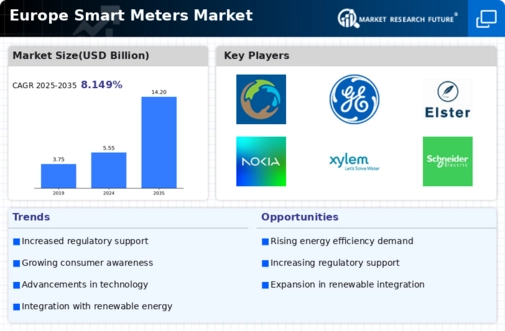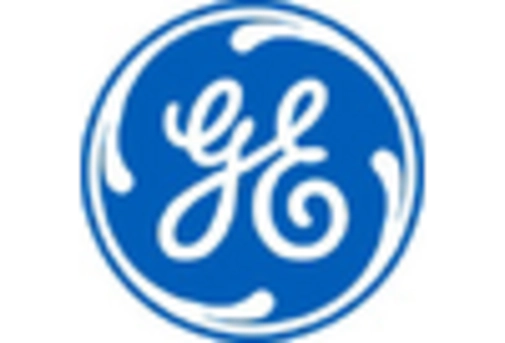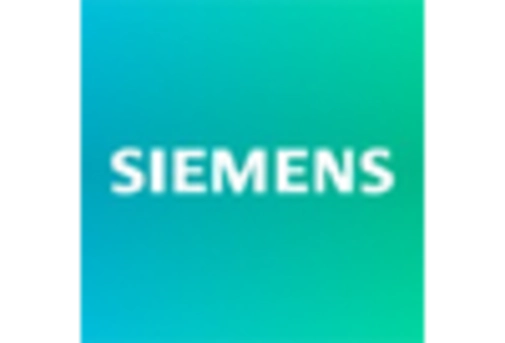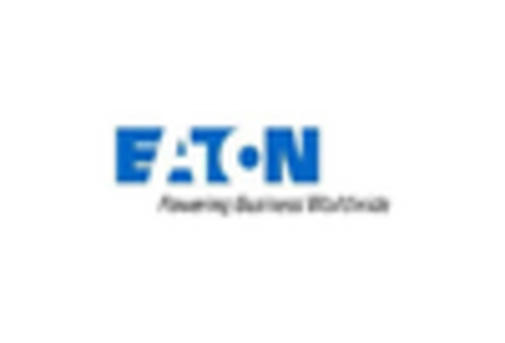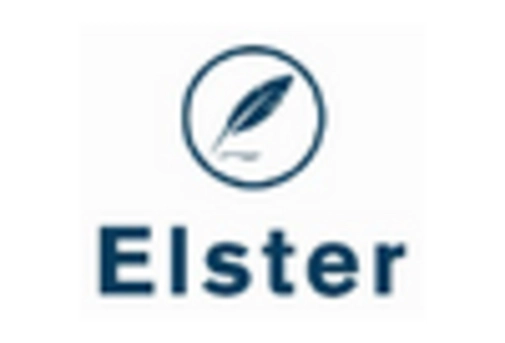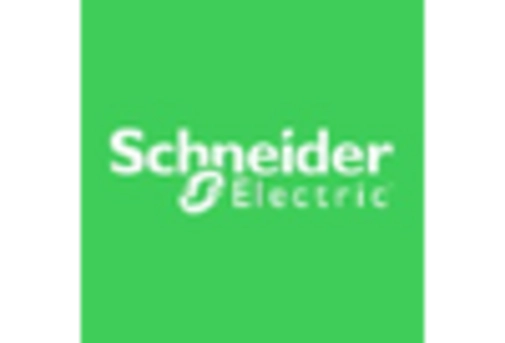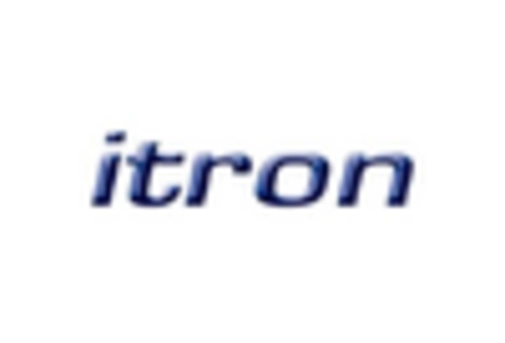Europe Smart Meters Market Summary
The Europe Smart Meters Market is projected to grow significantly from 5.55 USD Billion in 2024 to 14.2 USD Billion by 2035.
Key Market Trends & Highlights
Europe Smart Meters Market Key Trends and Highlights
- The market is expected to achieve a compound annual growth rate (CAGR) of 8.92 percent from 2025 to 2035.
- By 2035, the market valuation is anticipated to reach 14.2 USD Billion, indicating robust growth potential.
- The current market size stands at 5.55 USD Billion in 2024, reflecting a strong foundation for future expansion.
- Growing adoption of smart metering technology due to increasing energy efficiency regulations is a major market driver.
Market Size & Forecast
| 2024 Market Size | 5.55 (USD Billion) |
| 2035 Market Size | 14.2 (USD Billion) |
| CAGR (2025-2035) | 8.92% |
Major Players
Aclara, General Electric, Elster Group, Smart Energy Water, Nokia, Cisco Systems, Sensus, Schneider Electric, Honeywell, Itron, Miradores, Landis+Gyr, Siemens, Eaton


